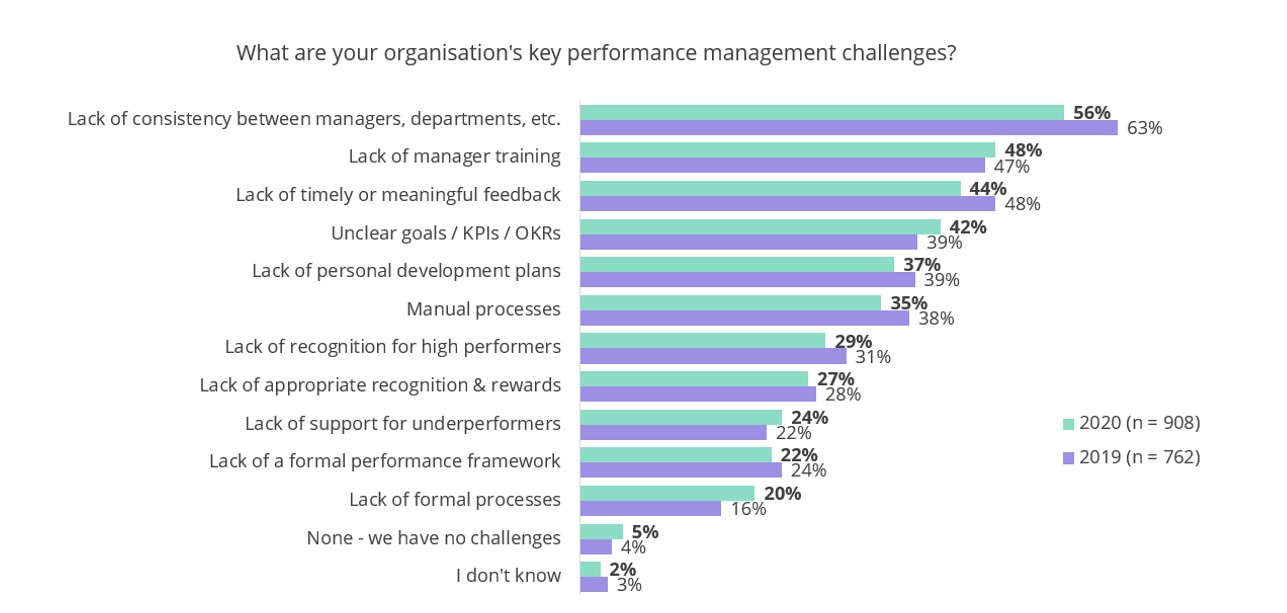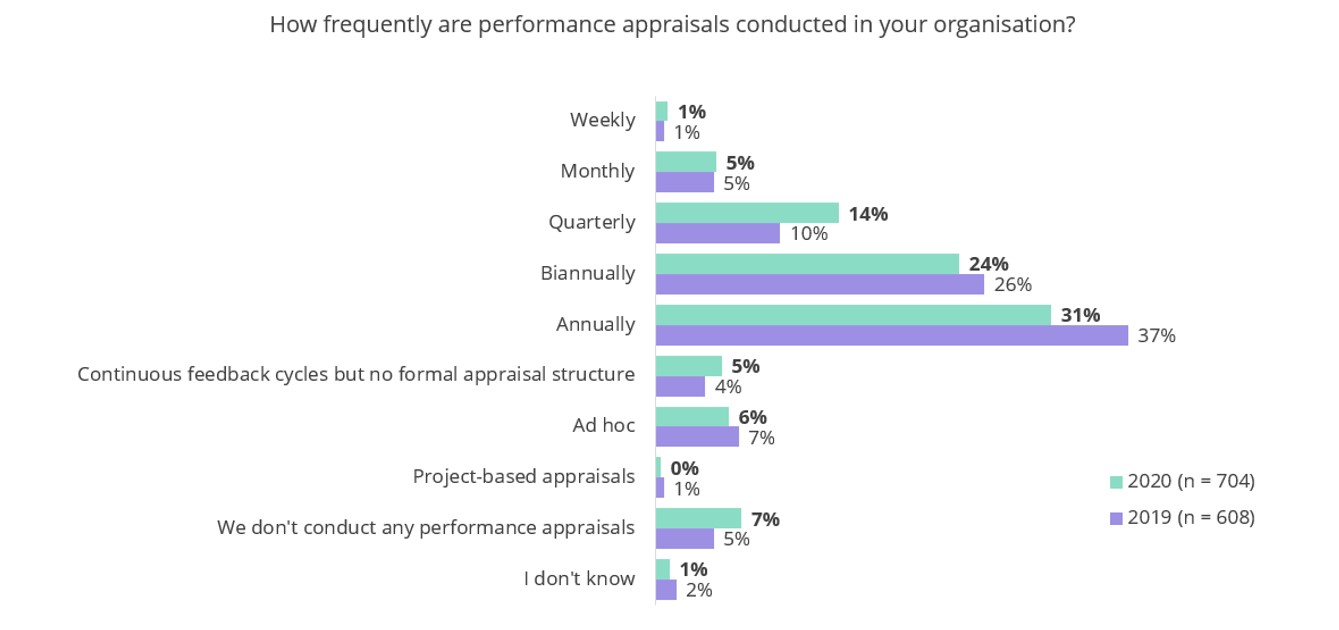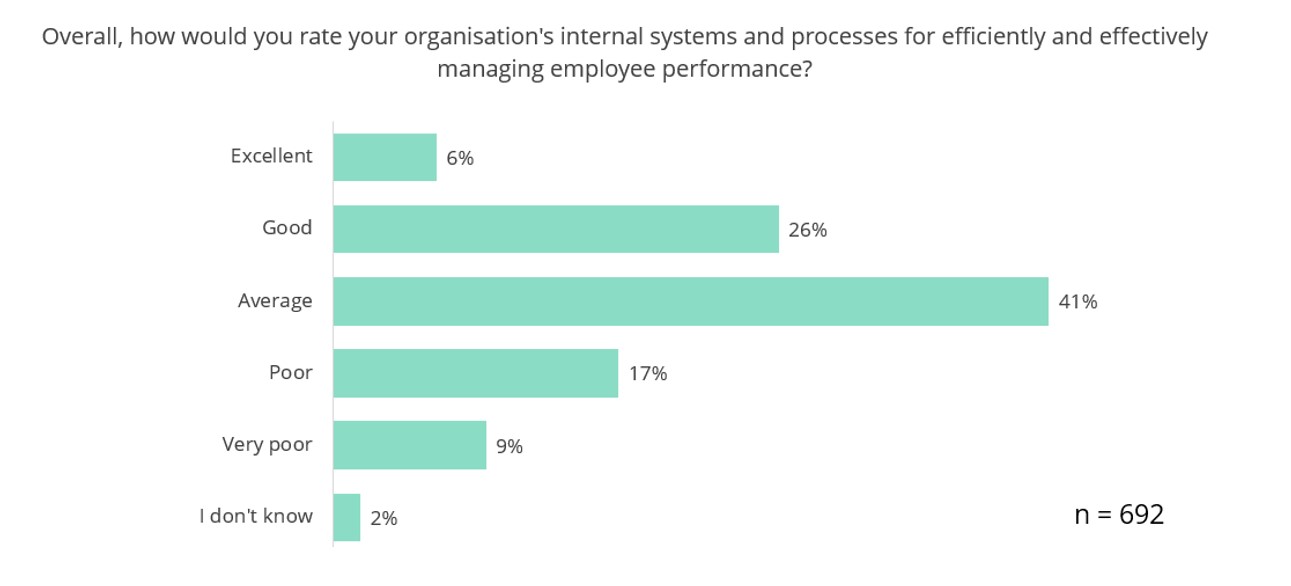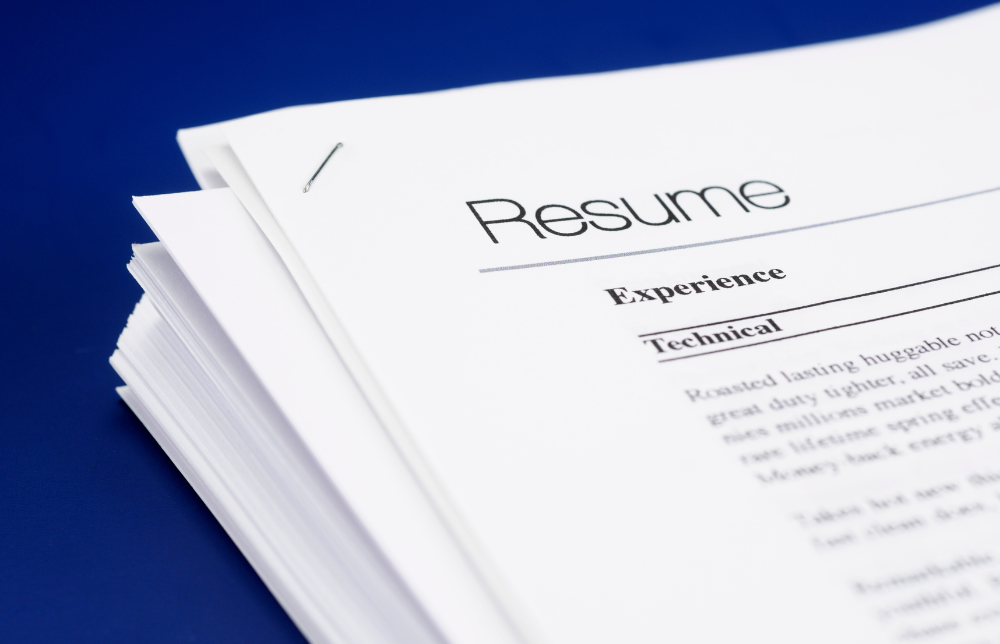ELMO 2021 HR Report – Performance Management
Forever deemed a thorn in HR’s side, performance management is crucial to business success. When done well, it can help to identify and develop high performers, provide direction and improvement ...

Forever deemed a thorn in HR’s side, performance management is crucial to business success. When done well, it can help to identify and develop high performers, provide direction and improvement plans for underperformers, reinforce corporate values, and provide managers with appropriate support and a framework for having difficult conversations.
However, performance management is generally disliked by all parties. Of all the functional areas within HR’s mandate, performance management is perhaps the most overdue for an overhaul.
To find out more about HR practices – including performance management – ELMO partnered with the Australian HR Institute (AHRI) to survey more than 1800 HR professionals. The results, published in ELMO’s 2021 HR Industry Benchmark Report, provide invaluable insights into the current state of performance management in organisations across Australia and New Zealand.
First, some top-level stats:
- On average, managers spend 76 hours per year conducting performance appraisals (either ad hoc or formal), compared to 67 hours invested by employees and 39 hours by HR team members
- 7 in 10 respondents use performance appraisals to track performance
- 1 in 2 respondents use key performance indicators (KPIs) to track performance
- 1 in 3 respondents conduct performance appraisals annually
Common performance management challenges
As seen in the graph above, the most prominent challenges selected by survey participants relate to the level of structure and training relating to performance management. Ad hoc processes may result in a lack of consistency across an organisation, while a lack of manager training in this area can fuel disengagement and increase employee turnover. The saying “people don’t leave companies, they leave managers” rings true.
It’s also worth noting the third most cited challenge: lack of timely or meaningful feedback. Another question in the survey asked respondents to select how frequently performance appraisals are conducted. See the results below.
One third of organisations are using annual performance appraisals and one quarter are using a bi-annual (6-monthly) cycle. This is very similar to the results of the 2019 survey. Given that one of the top three performance management challenges is feedback not being timely or meaningful, it is surprising that over 50% of organisations are still locked into undertaking appraisals once or twice a year.
The challenge with annual and bi-annual performance appraisals is the risk that goals set more than 6 months ago become less meaningful or even redundant if priorities have been adjusted throughout the course of the year. As outlined research by McKinsey[1], agile organisations understand this and have designed frameworks and operating rhythms that provide constant, almost real-time feedback opportunities that allow for course correction. On a positive note, there are some trends in the right direction, with annual and bi-annual cycles slightly reducing and quarterly cycles slightly increasing, which is likely linked to the emerging trend towards OKRs (objectives and key results). See more on OKRs and KPIs in ELMO’s blog.
The role of technology
When comparing the responses to the previous question from those who have fully implemented performance management technology and those who do not, the results show that challenges relating to the general process and formal frameworks are significantly reduced with the use of technology. However, the challenges relating to manager training and capability remain the same. This confirms that technology is not a solution by itself, but can lay the critical foundations for a more efficient performance management process.
Looking ahead
When asked how they’d rate their organisation’s internal systems and processes for efficiently and effectively managing employee performance, respondents indicated there’s plenty of room for improvement. 411% rated their systems and processes as ‘average’, while 26% felt they were ‘good’. 17% said they were ‘poor’. Full results in the graph below.
To improve these processes, employers are urged to:
- Change the focus of performance management from being merely a box-ticking exercise. Concentrate on embedding performance-related conversations into the culture of the organisation and ensure managers have the capability to undertake performance-related interventions, including having difficult conversations, with employees.
- Before implementing a new framework, pilot a few different structures with different teams and review their effectiveness. Think of ways to make performance management bottom-up and driven by employees. People tend to make better decisions when they are motivated and empowered to take ownership of their own development.
- Ensure leaders endorse and support any new framework or approach to performance management.
- Once a suitable framework has been defined, ensure technology and tools are in place to support the end-to-end performance management process.
This blog only presents top-level results from one section of the ELMO 2021 HR Industry Benchmark Report. If you’d like a comprehensive overview of HR and payroll trends, challenges, use of metrics and technology, download your report today. The HR Industry Benchmark Report provides in-depth insights into the current state of end-to-end HR processes, including recruitment and onboarding, learning & development, performance management, and more. Data in our report is split by company size, geography (Australia / New Zealand), role seniority, and industry^ – enabling you to benchmark your current HR practices against your peers.
ELMO Software offers people, process and pay solutions in an all-in-one cloud-based platform. This includes recruitment, learning, performance management, payroll, expenses, and more. ELMO has helped thousands of organisations across Australia, New Zealand and the UK better manage, engage and inspire their people. For further information, contact us.
^Report+ only
[1] McKinsey, “Performance management in agile organisations”, April, 2019
 HR Core
HR Core 












